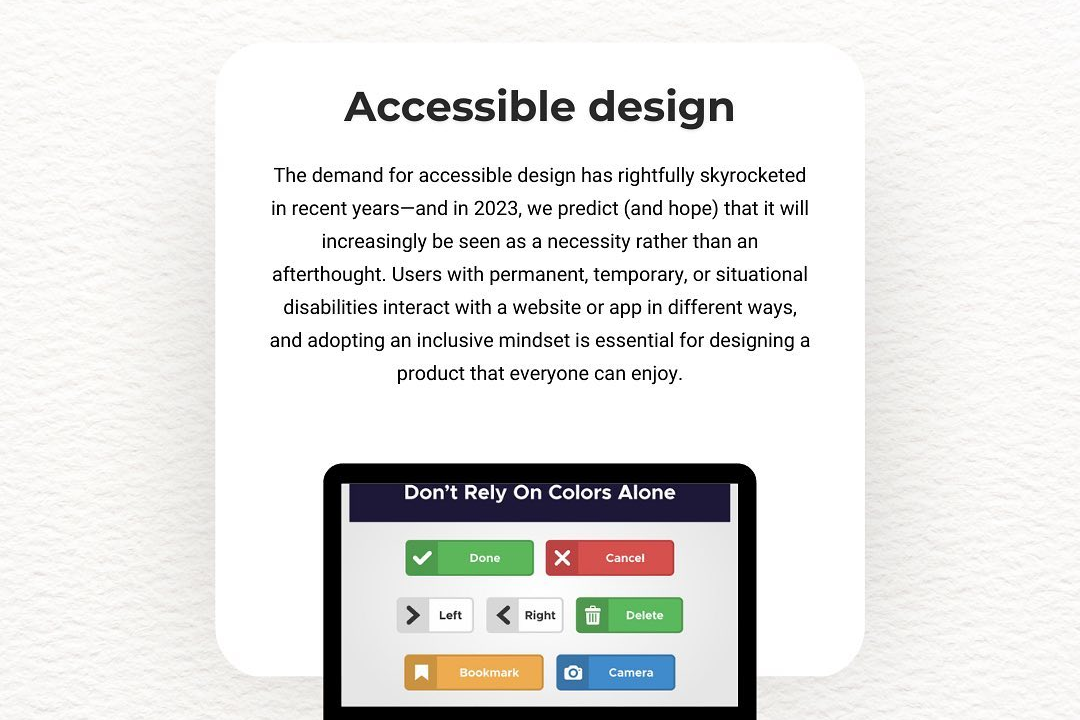Mobile App Launch Strategies
Effective Strategies for Launching Your Mobile App
Mobile App Launch Strategies
Mobile app launch strategies are crucial for ensuring that an app gains traction and achieves its intended goals upon release. These strategies typically involve comprehensive market research to identify target audiences and optimal launch timing. A pre-launch phase often includes creating a buzz through social media campaigns, influencer partnerships, and teaser content to generate interest. Building a landing page to capture emails for pre-registrations can help gauge potential user interest. In addition, leveraging app store optimization (ASO) techniques, such as using relevant keywords and eye-catching visuals, enhances visibility in app stores. Post-launch, continuous user engagement through updates, onboarding programs, and encouragement for reviews and ratings fosters community growth and retention. Overall, a blend of marketing, user feedback, and analytics informs ongoing iterations for long-term success.
To Download Our Brochure: https://www.justacademy.co/download-brochure-for-free
Message us for more information: +91 9987184296
1 - Market Research: Analyze current market trends, user preferences, and competitors. Understanding your target audience and their needs is fundamental before launching any app.
2) Define Target Audience: Clearly identify your target users. Knowing who will use your app helps tailor features, design, and marketing strategies specifically for them.
3) Unique Value Proposition (UVP): Clearly articulate what makes your app different from competitors. Your UVP should address how the app solves users’ problems or improves their lives.
4) Set Clear Goals: Define what success looks like for your app. This could include download numbers, active users, user retention rates, or revenue.
5) User Centric Design: Prioritize user experience (UX) and interface (UI) design. A user friendly app is more likely to attract and retain users.
6) Prototype Development: Create a minimum viable product (MVP) to test the core functionalities of your app. Gathering early feedback can inform final developments.
7) Feedback Collection: Use beta testers or focus groups to gather feedback and insights before the full launch. This helps identify issues and improve the app based on real user experiences.
8) Build a Landing Page: Create an engaging landing page that describes your app’s features and benefits. This serves as a pre launch marketing tool to generate interest.
9) Pre Launch Marketing: Engage potential users before the launch through social media, email campaigns, influencer partnerships, and content marketing to build anticipation.
10) App Store Optimization (ASO): Optimize your app’s store listing with relevant keywords, attractive descriptions, and compelling visuals to improve visibility and increase downloads.
11) Launch on Multiple Platforms: Consider launching on both iOS and Android to broaden your reach and tap into different user bases.
12) Leverage Social Media: Use social media platforms to promote your app, share updates, and engage with potential users. Creating buzz can lead to organic growth.
13) Email Marketing: Utilize an email list to announce your app launch, share updates, and encourage downloads. Personalize messages to connect with potential users and keep them informed.
14) Influencer Marketing: Collaborate with influencers who align with your app’s target audience. Their endorsement can bring credibility and reach to your promotional efforts.
15) Post Launch Analysis: After the app is launched, analyze user behavior, feedback, and sales data. Use this data to make informed decisions about future updates and marketing strategies.
16) Customer Support and Engagement: Establish robust customer support for your users. Engagement through responses to feedback, regular updates, and community building can foster user loyalty.
17) Continual Improvement: Post launch, continue to enhance your app based on user feedback and emerging trends. Regularly updating the app keeps users engaged and encourages satisfaction.
18) Performance Marketing: Invest in paid advertising strategies such as pay per click (PPC) and social media ads to increase visibility and drive installations.
19) Launch Events and Promotions: Consider hosting a launch event or promotions such as contests, giveaways, or discounted pricing to boost initial downloads and user engagement.
20) Cross Promotion: If you have other apps or partners, leverage cross promotion tactics to reach a broader audience and increase visibility for your newly launched app.
These strategies provide a comprehensive overview of the steps involved in launching a mobile app effectively, ensuring students grasp both the theoretical and practical aspects of the process.
Browse our course links : https://www.justacademy.co/all-courses
To Join our FREE DEMO Session: Click Here
Contact Us for more info:
python tutor online
Power BI Topics to Learn
best data analytics institute in hyderabad
iOS project management certifications
Public Speaking For Java Developers











